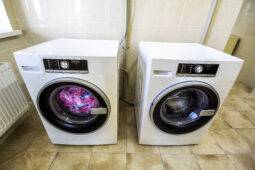6 Things Solar Panel Companies Don’t Tell You
Switching to solar energy seems like a no-brainer; lower electricity bills, eco-friendly power, and potential tax incentives. But before you sign on the dotted line, there are some key things that solar panel companies don’t always disclose upfront. Understanding these hidden details can help you make a smarter investment and avoid costly surprises down the road.
Not All Roofs Are Suitable
Just because your neighbor has solar panels doesn’t mean your home is a perfect candidate. Roof angle, material, shading from trees, and even your location’s climate can all impact how effective solar panels will be for your home. Some companies may downplay these factors to close a sale, so it’s crucial to have an independent expert assess your roof before committing.
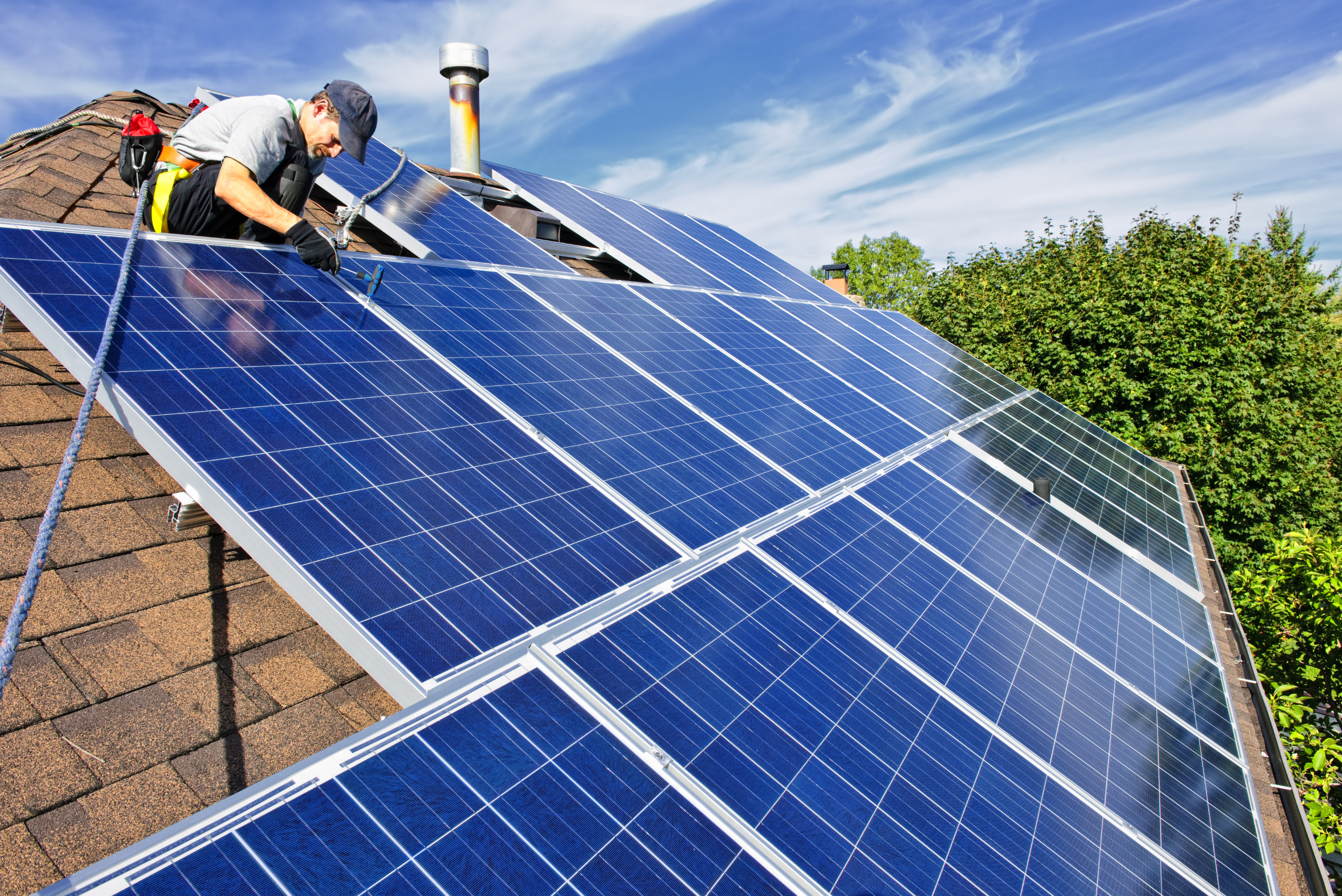
The Payback Period Isn’t Always Quick
While solar panels can eventually pay for themselves through energy savings, the timeline varies widely. Factors like installation costs, local electricity rates, and how much sun your panels get daily can extend the break-even point. Some homeowners may see returns in five years, while others could wait 15 to 20 years before their savings offset the upfront costs.
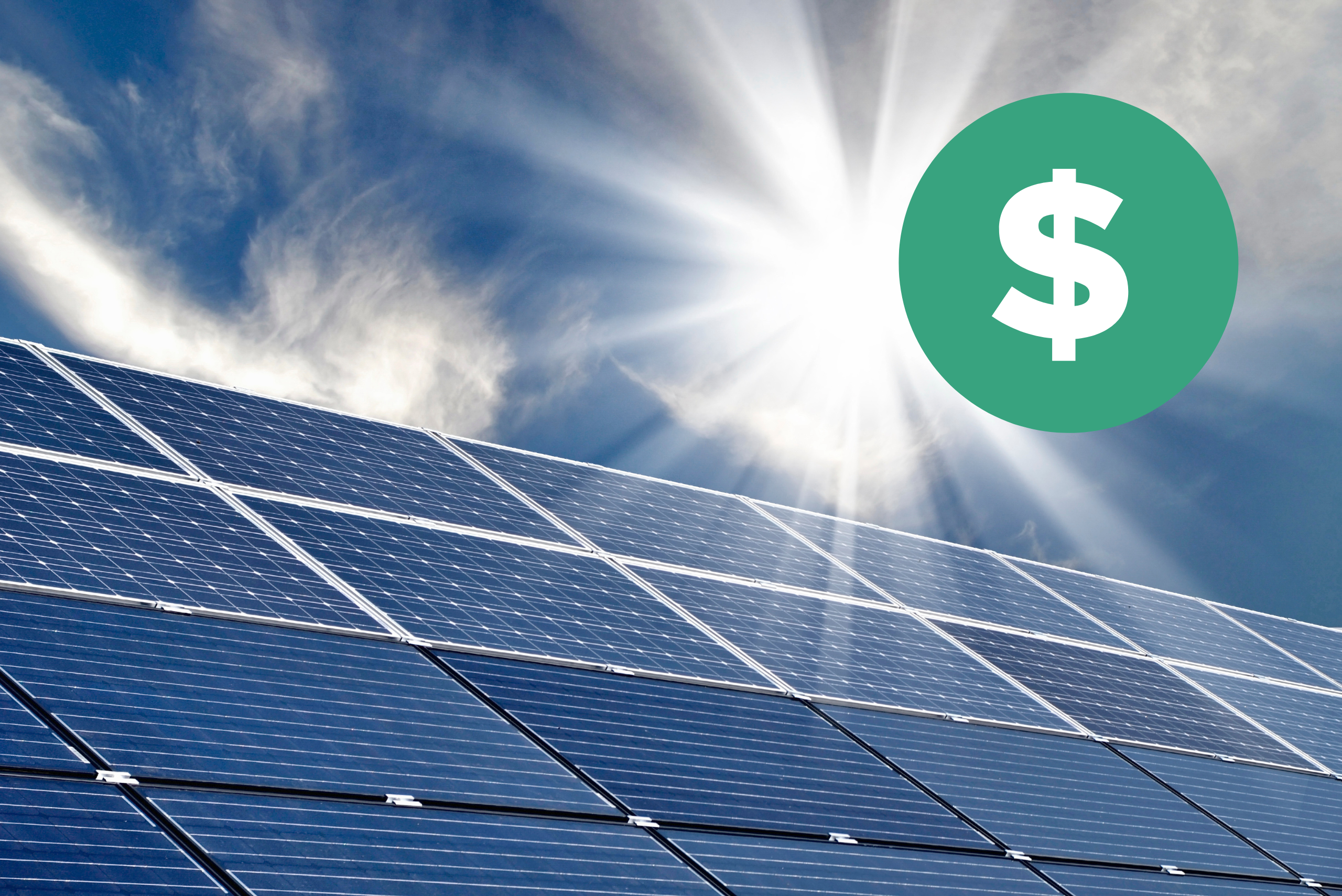
Maintenance and Repairs Are Your Responsibility
Many solar companies emphasize warranties but don’t always clarify that maintenance and minor repairs are usually the homeowner’s responsibility. Dirt, leaves, and snow can reduce efficiency, requiring regular cleaning. Additionally, if an inverter or panel malfunctions outside the warranty period, replacement costs can be significant.
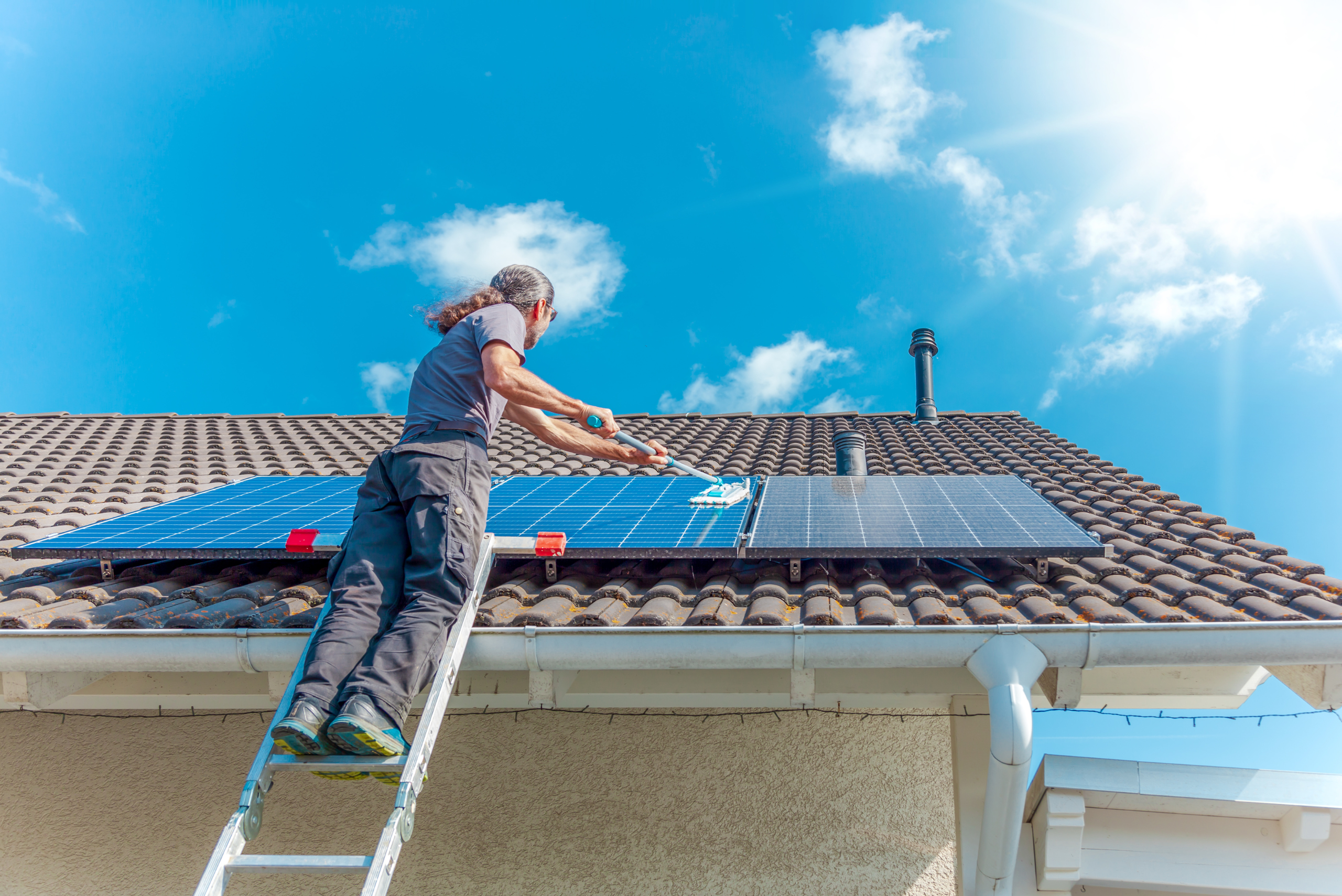
Selling Your Home with Solar Can Be Complicated
Solar panels add value to a home, but they can also complicate resale. If you financed the system with a lease or loan, potential buyers may need to assume the contract, which not everyone is willing to do. Owned systems can boost property value, but appraisers and buyers may not always recognize the full worth of the panels.

Incentives and Rebates Aren’t Guaranteed
Government incentives and rebates for solar installation can significantly reduce costs, but they change frequently. Some programs have limited funds or expire without renewal. It’s important to check with local and federal agencies to confirm available incentives before relying on them to lower your costs.
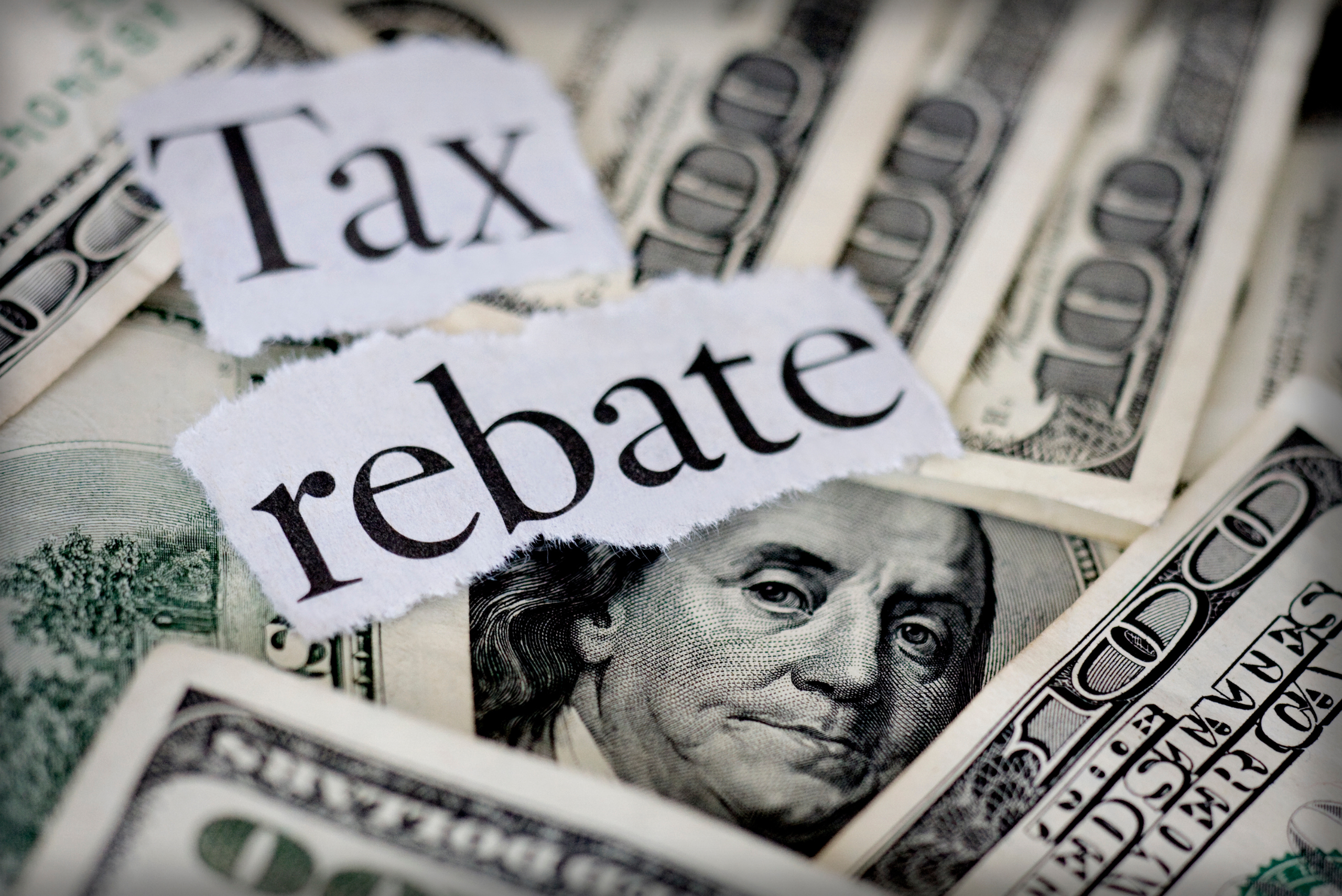
Battery Storage Isn’t Always Included
Many homeowners assume that installing solar panels means they’ll have backup power during an outage. However, standard grid-tied systems shut down when the grid goes out. To keep your home powered during blackouts, you’ll need a battery storage system, which is often an expensive add-on that solar companies may not mention upfront.
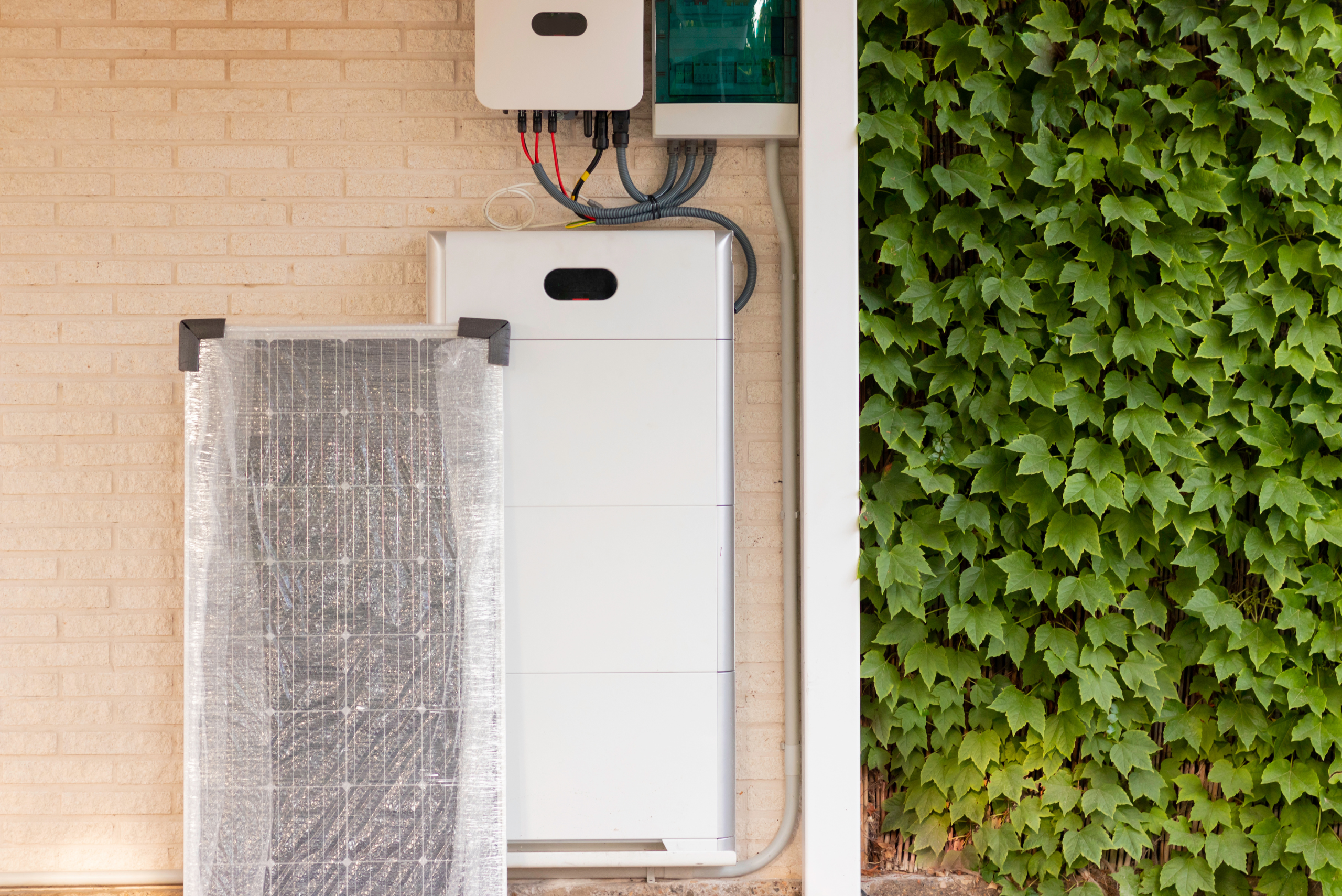
Related Articles
- How to Make a Portable Solar-Powered USB Charger from Scratch
- The Pros And Cons of Solar Panels—What To Know Before You Buy
- Benefits of Having a House Backup Generator
Solar energy can be a fantastic investment, but it’s not a one-size-fits-all solution. By understanding the fine print and asking the right questions, you can make an informed decision that truly benefits your home and finances. Before committing, do your homework and ensure you know exactly what you’re getting into.







